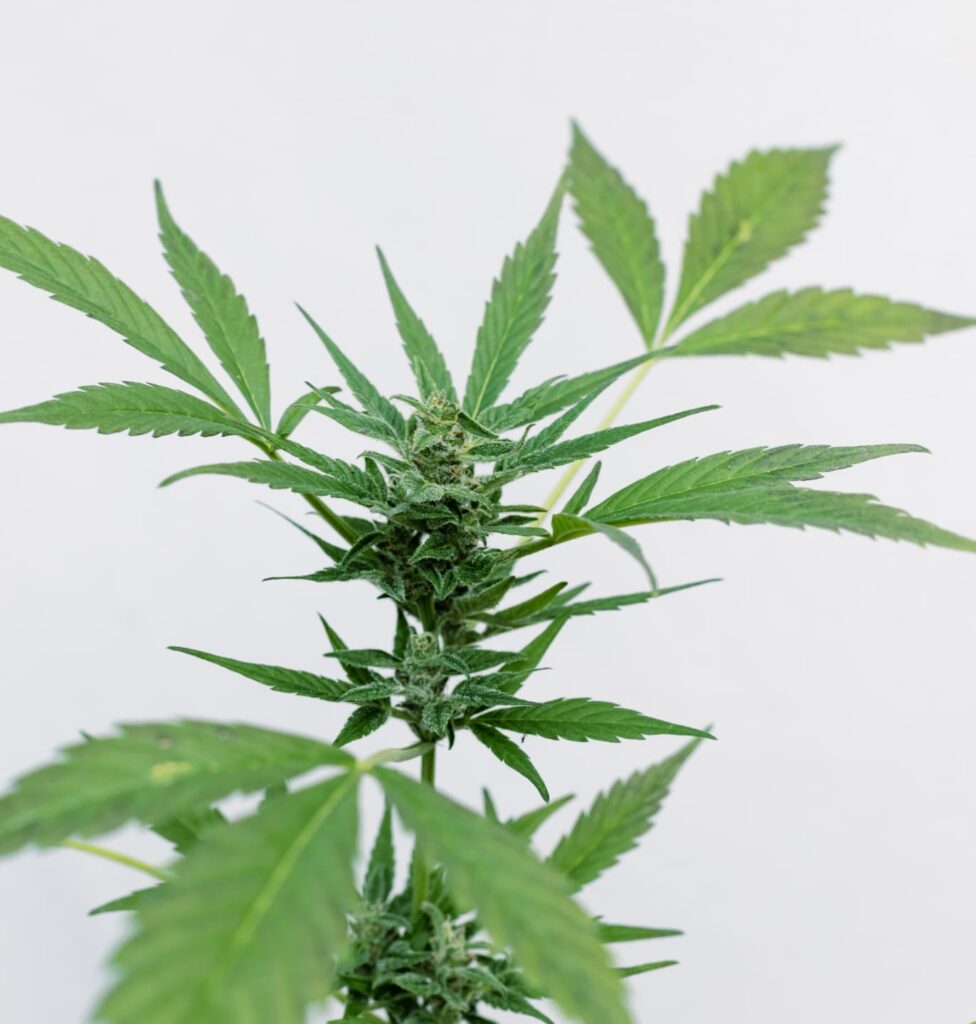CBD In The Novel Food Regulation
2018
Until the end of 2018, extracts of cannabidiol were considered novel only if the levels of cannabidiol were higher than the CBD levels in the source Cannabis sativa L.
2019
However, in January 2019, Member States’ representatives updated the “Cannabis sativa L.” entry in the Novel food Catalogue and added a new entry for “Cannabinoids”. CBD is now also placed under the “Cannabinoids” entry.
Novel foods are considered food and food ingredients which were not present in the EU before May 1997 and thus cannot gain access to EU market.
Novel foods can be anything from exotic fruits to insect derived proteins.
To pass the Novel Food status, an application backed by scientific evidence to determine if the food is safe for consumption must be submitted
to EFSA. If the application is successful, the European Commission then authorises the food to be marketed in the EU.
Before CBD can be placed on the market in the European Union as a food or food ingredient, a safety assessment under the Novel Food Regulation will be required before CBD-related products can be approved.
Essentia pura and the novel food application for cBD
Essentia Pura does not dispute such a decision. Although we believe hemp extracts, without the addition of isolated cannabinoids, should not be considered novel foods, as they were present in Europe long before 1997. But the CBD industry requires additional regulations to ensure the quality, especially when products are intended for the health improvement of our clients.
Quality controls from 3rd party laboratories are already an integral part of our mission and so is the compliance of our organically grown hemp
To comply with new regulations, Essentia Pura decided to submit the Novel Food application and will do so jointly with the European Industrial Hemp Association (EIHA). For this purpose, Novel Food Consortium has been established and within it, 4 product formulations will be submitted to cover every possible CBD-related product..
We will jointly invest up to €3,5 million for financing all relevant and unprecedented toxicological studies on CBD and THC. Based on this research, we hope to establish the safety profiles of CBD and THC and their recommended daily intake. This will help us to get full-spectrum hemp extracts approved by the European Commission, and allow them to be used again as food ingredients.
NF 2020/2233
Novel Food Authorisation
Application Acknowledged
Perform Validity Check
EIHA Project GmbH
NF 2020/2233
Novel Food Authorisation
Application Acknowledged
Perform Validity Check
EIHA Project GmbH
Novel Food Authorization – A Long, Tedious And Expensive Process
An insight into the length and complexity of the novel food process has been provided by the Swiss company Cibdol. They are one of the first European companies who applied for novel food authorization with their synthetic CBD. (So far, only applications for synthetic CBD have been validated by the EFSA, none for hemp-derived CBD yet)
The European Food Safety Authority (EFSA) should only take 9 months to conduct a risk assessment for a novel food ingredient. But even with Cibidol’s application for synthetic CBD getting validated early (2019), their final assessment date is set on 8th March 2022.
If all CBD novel food applications will go through safety assessments individually, delays should be expected. It might be years before ingestible CBD products are brought to the market, especially those derived from hemp.

CBD in The UK
As the UK is not a part of the EU anymore, EU novel food regulation does not apply to the UK region. UK also opted for a novel food approach to the registration of CBD products.
Similar applications based on safety evidence must be submitted to the FSA (UK) in order to meet the imposed deadline of 31.03.2021. FSA released much more detailed guidelines on how to proceed with UK CBD novel food applications which can be found here.
Essentia Pura has submitted Novel Food applications for CBD products, but the applications are still under review. Our UK Novel food applications are submitted under numbers 427 and 438. We have also applied to register several product formulations under secondary applications
While Novel food applications for CBD are being reviewed, FSA released consumer advice on cannabidiol (CBD) extracts. Based on most recent studies, they recommend a daily dose for healthy adults and give advice for vulnerable groups.
